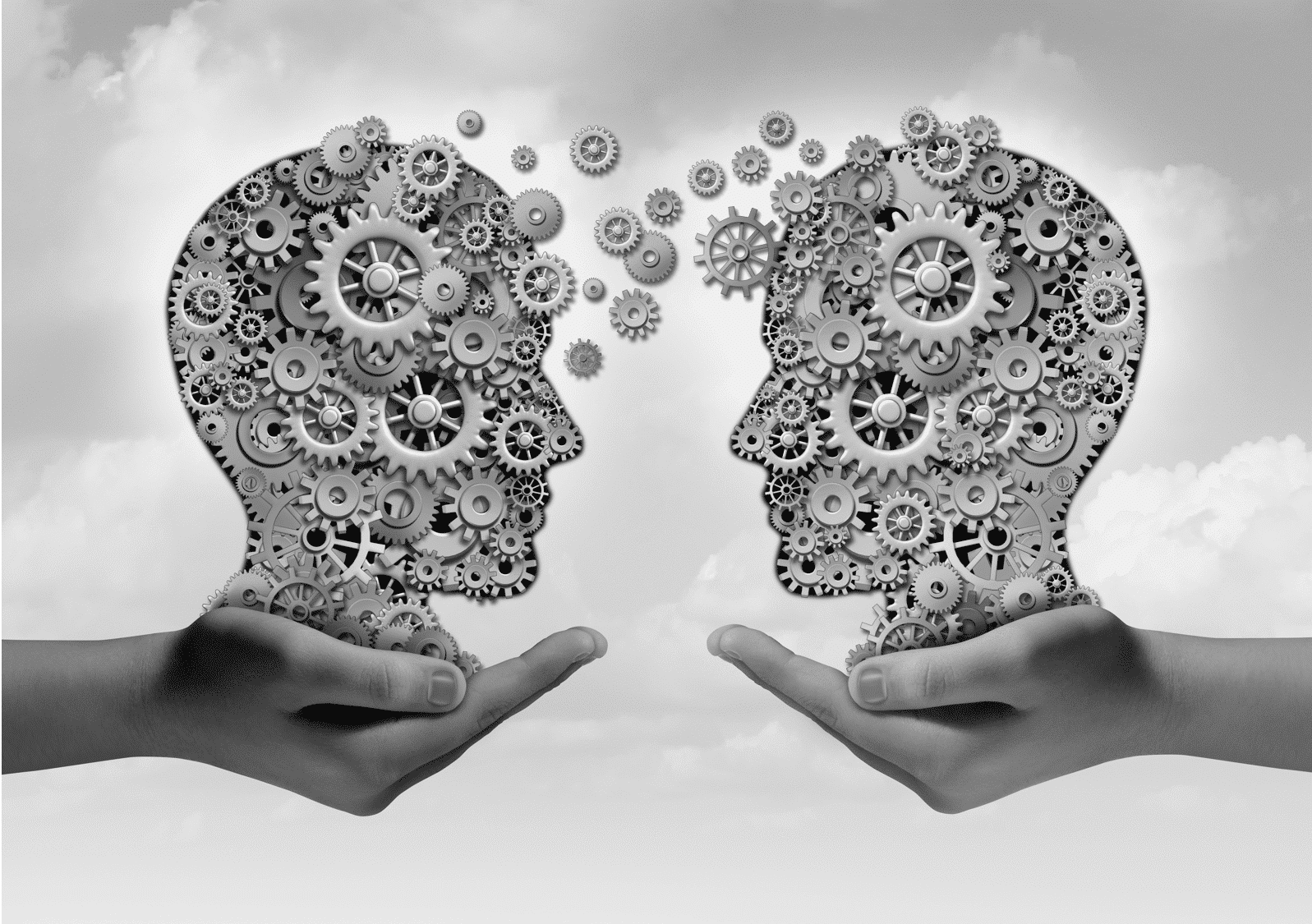Persons with social intelligence can sense the feelings of other people, know instinctively what to say in social situations, and appear self-assured, even in a larger crowd.
You might feel these individuals have some sort of “people skills,” but what they really possess is social intelligence.
The theory of social intelligence was first put forward by American psychologist Edward Thorndike in 1920. He described it as, “the ability to understand and manage men and women and boys and girls, to act wisely in human relations.”
No one comes into this world with social intelligence. Instead, it entails a set of skills that a person learns over time.
Signs of social intelligence
Individuals who are socially intelligent exhibit core traits that help them communicate and connect with others.
- Effective listening: someone with social intelligence doesn’t listen just to respond but actually pays attention to what a person is saying. The other persons in the conversation walk away feeling like they made a connection and they were understood.
- Conversational skills: have you ever encountered someone “work the room?” they possess conversational skills that allow them to carry on a conversation with practically anybody. They’re humorous, appropriate, courteous, and sincere in these discussions, and they remember details about people that allow the conversation to be more meaningful.
- Reputation management: individuals who possess social intelligence consider the impression that they make on others. Regarded as one of the most complex factors of social intelligence, managing a reputation involves careful balance—an individual must thoughtfully create an impression on someone while still being genuine.
- Lack of arguing: a person who possesses social intelligence is aware that arguing or proving a point by making someone else feel bad isn’t the best thing to do. They don’t outright reject someone else’s ideas but instead listen to them with an open mind—even if it’s not an idea that they personally concur with.
How to develop social intelligence?
While some persons may seem to develop social intelligence without actually trying, others have to work to build it. Fortunately, certain tactics can help develop social skills. These strategies can help out in developing social intelligence.
How to develop social intelligence?
- Pay close attention to who (and what) is around you: develop your social skills by being observant and paying attention to subtle social cues from the people around you. If you feel that someone in your circle has strong people skills, watch how they relate with others.
- Work on increasing your emotional intelligence: emotional intelligence – although similar to social intelligence – is more about how you manage your own feelings and how you empathise with others. It requires knowing when you’re experiencing an emotion—which helps you identify that emotion in others—and appropriately regulating them. A person who is emotionally intelligent can recognise and control negative emotions, such as anger or frustration, when in a social gathering.
- Respect cultural differences: more than that, search for cultural differences so you can understand them. While most people learn social skills from their friends, family and the community they are in; a socially intelligent individual understands that others might have different customs and traditions based on their upbringing.
- Practice active listening: socially intelligent people possess good communication skills—which entails active listening. Don’t interrupt. Take time to reflect on what someone else is saying before you respond. Listen to the tone in which others talk; it can give you clues as to what they actually mean.
- Appreciate the important people in your life: develop your social intelligence by having deep relationships with persons who are meaningful in your life. Pay attention to the feelings of your co-workers, friends, spouse and children and other peers. If you pay no attention to the closest people in your life, you’re missing the cues on how to bond with them.
Bottom line
Mastering social intelligence isn’t easy—if it were, no one would have to experience another awkward conversation at a party. Nevertheless, striving towards a strong social intelligence can lead to a more productive life—or in the very least, a less stressful time making some new friends.
Examine social situations. Pay close attention to what people are doing right and mistakes you don’t want to make. Afterwards, reflect on what you want to do differently in the next social situation you find yourself in.
Get practical about improving your social skills. And remember, that sometimes you’re going to mess up. Learn from your mistakes as well as your successes.









